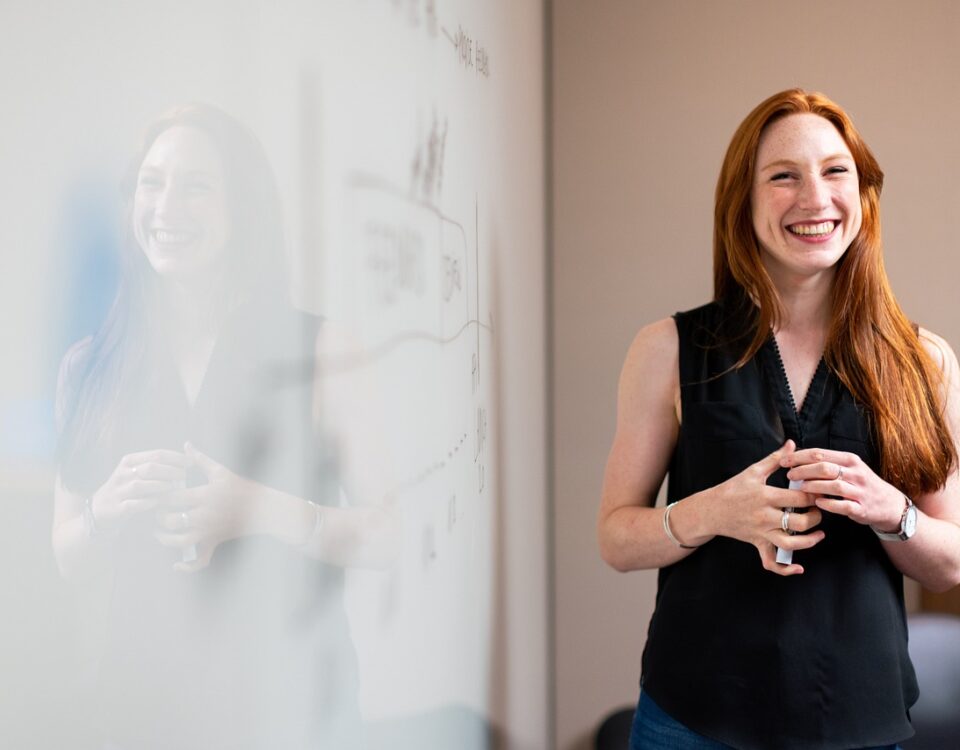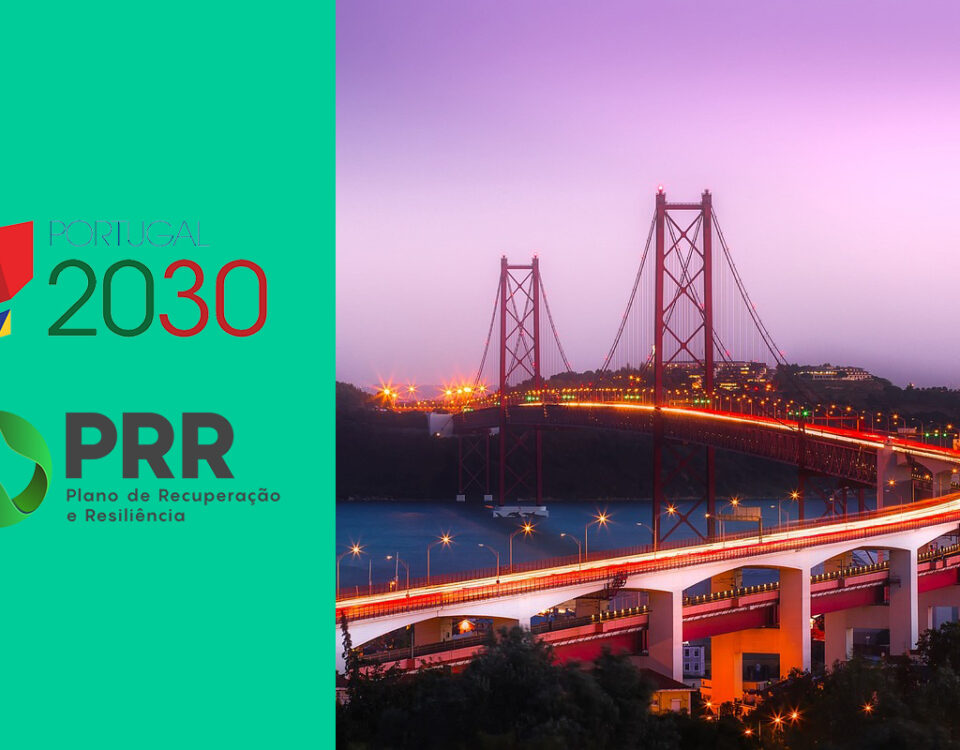IFRRU 2020

Let’s start by clarifying a question that you may be asking yourself. Although this funding line has the year 2020 in its designation, applications are open until 31 December 2023.
Now, we go on to explain what IFRRU 2020 is.
Designed in line with the various operational programs 2020 (e.g. Lisbon 2020) and POSEUR, IFRRU 2020 aims to encourage and support urban rehabilitation of our cities and buildings. Here, there are two key terms to pay attention to: full rehabilitation and efficient rehabilitation. In other words, IFRRU is intended for projects that will carry out the full rehabilitation of a building considering sustainable energy efficiency standards.
Time to go into detail, let’s check the rules and advantages of IFRRU 2020.

1# Who can access this line of urban rehabilitation funding?
Individuals and businesses can access IFRRU 2020 to rehabilitate buildings for their own housing or for other commercial activities. So, if you think about opening a new store, restaurant, studio, etc. or making an investment in real estate, this line of financing may be the right key to get started.
2# What are the advantages of IFRRU 2020?
IFRRU 2020 offers the following advantages over existing financing conditions on the market:
– interest rates below the ones found in more conventional forms of financing.
– maturities up to 20 years.
– grace periods with a maximum of 4 years.

3# What is the value of IFRRU and what are the minimum and maximum amounts of funding?
The IFRRU 2020 had at its release date in 2015, a financing capacity of EUR 1 400 million for urban rehabilitation.
For each project, IFRRU will provide a maximum amount of funding of EUR 20 million, and the entire loan will be divided between public funds and the bank of choice (the proportion of this division changes depending on the bank).
The minimum amount of financing also depends on the bank:
– there is no minimum amount in Santander.
– in BPI, the minimum amount is EUR 200 000.
– in Millennium BCP, the minimum amount is EUR 100 000.
Before we finish this part, it is worth mentioning that these 3 banks also charge different commissions. See page 12 of the Beneficiary’s Guide to understand the differences.
4# What are the eligibility criteria?
To access this urban rehabilitation helpline, you need to follow these criteria:
– be legally constituted.
-have the tax and contributory situation regularized before, respectively, the tax administration and social security.
– be able to legally develop activities in the territory covered by IFRRU 2020 and the typology of operations and investments to which it applies.
– possess or ensure the technical, physical, and financial means and human resources necessary for the development of the operation.
– have the situation regulated in the context of ESI Funds financing.
– have a balanced economic and financial situation.
– not be covered by impediments described in Article 14 of Decree-Law No. 159/2014 of 27 October
We advise you to consult all the criteria in detail in the Beneficiary’s Guide.

5# IFRRU 2020 application is divided into 3 phases
The first phase is to obtain the prior opinion of the City Council of the area where you will do the urban rehabilitation. See here the list of contacts depending on each camera.
You must then obtain an energy certificate for your project, even before effectively carrying out the urban rehabilitation you proposed.
Finally, you should contact one of the three bank entities with permission to manage the IFRRU 2020 funding line.
6# How to get the best possible conditions through IFRRU 2020?
When applying for IFRRU 2020 funding, you should consult the different banks offering this financing instrument.
It will be these banks that will define the financing conditions depending on their analysis of your urban rehabilitation project. Therefore, consult more than one bank in search of the best conditions and pay close attention to all the details of your application.
Alternatively, you can count on the network and expertise of Lisboa Investments to negotiate the conditions for you, with the guarantee that we will present you the best possible proposal. Get in touch with us now.
Learn more:
Tourism support in Portugal: what they are and how they work.


